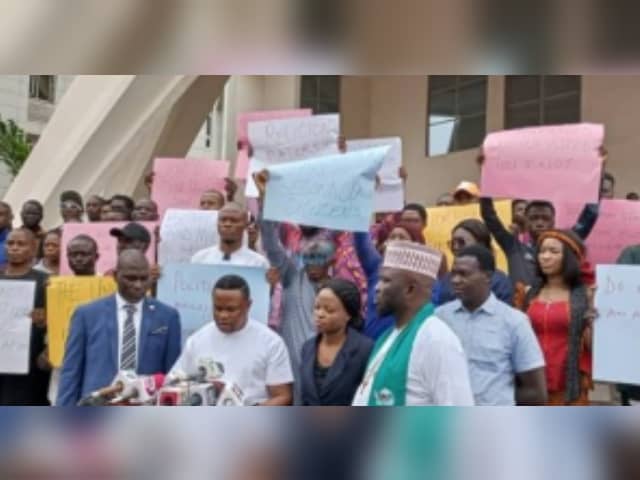Nigeria
ICAN problem with redesign of the naira

The Institute of Chartered Accountants of Nigeria (ICAN) has identified several issues the apex bank should address when implementing the naira redesign policy, including the impact on inflation and exchange rates, the cost of designing and printing the new currency notes, and the timing of the policy.
The 58th President of ICAN, Mallam Tijjani Isa, made the following remarks following the “Fitness Walk” in observance of International Accounting Day 2022: “We acknowledge the CBN’s objectives in its recent initiative to redesign the Naira, discourage public hoarding of bank notes, address the worsening shortage of clean banknotes, and reduce the
“While ICAN would soon release its position on this policy initiative, suffice it to say that the CBN should take into account the opinions of the various stakeholders and make sure that important issues are satisfactorily addressed, such as the cost of designing and printing the new currency notes, the timing of the policy, the policy’s likely impact on inflation and exchange rates, and the cost of the design and printing of the new currency notes.
“There is no denying that the Naira has been under unheard-of pressure versus the US dollar.
Since there is now a dearth of supplies through legal channels, the rate of exchange between dollars and naira in the black market often ranges between N780 and N820.
This has significant effects on the price of goods and services, as well as other economic endeavours.
“If we want to advance at the required rate, as a nation, we must find a long-term solution to the FX dilemma.
“As we commemorate this great day, we acknowledge that economies all across the world are going through one of the most difficult periods in recent memory.
The issues are made more difficult by events like the conflict between Russia and Ukraine, climate change, rising consumer prices, declining GDP, trade wars, and political tensions, among others.
“Several socio-economic disparities are harming residents at the national level. The third quarter of 2022 saw the greatest inflation rate in seventeen years, at 2077 per cent. This is occurring when citizens’ purchasing power is diminishing. Nigeria must employ both short- and long-term solutions if it is to successfully combat inflation.
